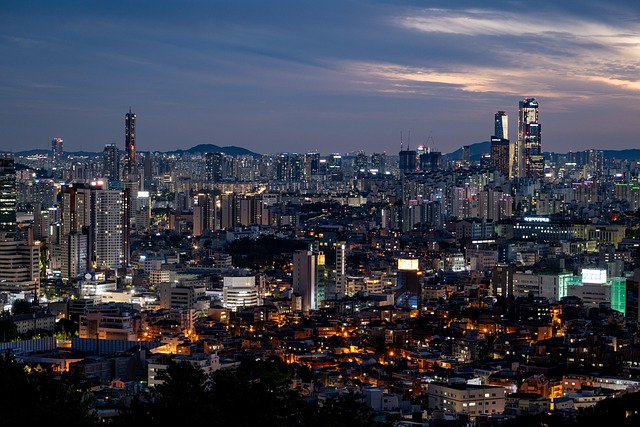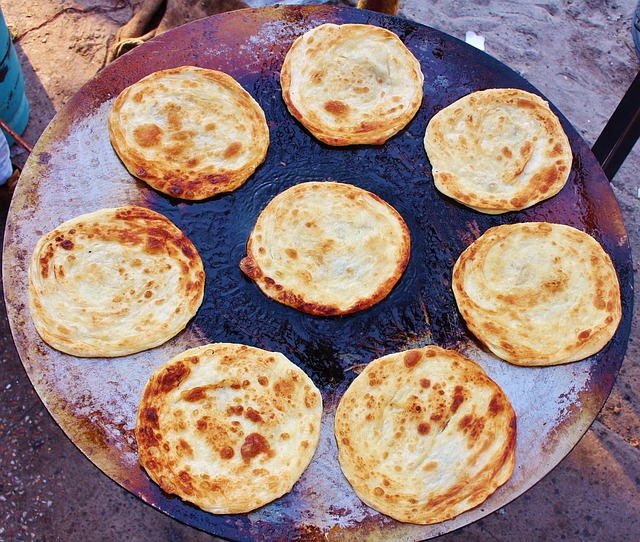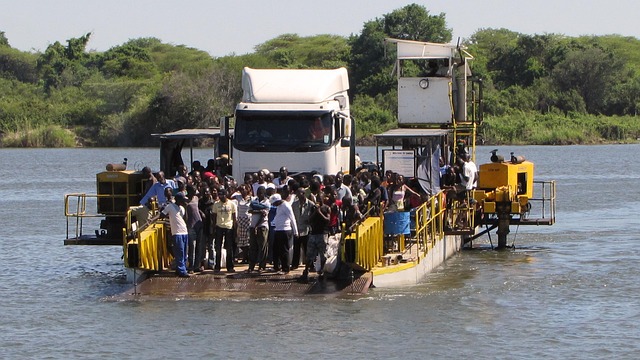
Recycling centers in Karachi are essential for the city's sustainability efforts, sorting and processing various waste types to prevent landfill disposal. Despite facing challenges like high waste volumes, limited resources, contamination from lack of public awareness, and volatile material prices, these centers contribute significantly to environmental protection. Modernizing recycling infrastructure through advanced technologies, coupled with public education on responsible waste generation, is key to enhancing Karachi's sustainability and driving economic growth while securing a cleaner, greener future for the bustling metropolis.
“Karachi, Pakistan’s vibrant metropolis, faces a pressing need for efficient waste management, where recycling centers play a pivotal role. This article explores the intricate workings of these facilities, focusing on Callachi CHS and its impact on the city’s environmental health. We delve into the challenges faced, from inadequate infrastructure to complex material sorting, and present strategies for improvement. By examining successful models and future prospects, we aim to enhance Karachi’s recycling sector, fostering a more sustainable and eco-conscious urban environment.”
- Understanding Recycling Centers in Karachi: Their Role and Impact
- Navigating the Challenges: Issues Faced by Callachi CHS Recycling Centers
- Enhancing Sustainability: Strategies for Improvement and Future Prospects in Karachi's Recycling Sector
Understanding Recycling Centers in Karachi: Their Role and Impact

Recycling centers play a pivotal role in shaping Karachi’s sustainability narrative. These facilities act as the backbone of the city’s waste management system, processing and categorizing materials that would otherwise end up in landfills. By understanding their functions, we can appreciate the significant impact they have on the environment and community.
In Karachi, recycling centers receive diverse waste streams, from plastic and paper to glass and metal. Skilled workers sort these materials, ensuring proper segregation for further processing. This meticulous process not only reduces the volume of waste but also recovers valuable resources that can be repurposed, thus fostering a circular economy. The centers’ operations directly contribute to Karachi’s goal of becoming more environmentally conscious, promoting a greener future for the metropolis.
Navigating the Challenges: Issues Faced by Callachi CHS Recycling Centers

Navigating the Challenges: Issues Faced by Callachi CHS Recycling Centers in Karachi
Callachi CHS (Community Health Society) recycling centers in Karachi, while instrumental in promoting sustainable practices, face several challenges that hinder their efficiency and growth. One major hurdle is the overwhelming volume of waste generated by the densely populated city. With limited resources and infrastructure, these centers struggle to keep up with the constant influx of recyclables, leading to backlogs and potential environmental hazards.
Furthermore, lack of public awareness and education contributes to contaminated recycling streams. Many residents do not fully comprehend what materials are recyclable or how to properly sort them, resulting in a significant amount of non-recyclable items ending up at these centers. Additionally, the volatile market prices for recycled materials create financial instability, making it difficult for Callachi CHS to maintain consistent operations and invest in necessary upgrades.
Enhancing Sustainability: Strategies for Improvement and Future Prospects in Karachi's Recycling Sector

Karachi, as a bustling metropolis, faces unique challenges in its pursuit of sustainability, particularly within the recycling sector. Enhancing environmental stewardship requires innovative strategies to improve existing practices and explore future prospects. One key area is modernizing recycling centers, such as Callachi CHS, by integrating advanced technologies for sorting and processing waste. This could significantly increase material recovery rates and reduce manual labor-related risks and health issues.
Additionally, promoting public awareness campaigns can foster a culture of responsible waste generation in Karachi. Educating residents on proper recycling practices, including separate collection of organic and non-biodegradable materials, will further strengthen the city’s sustainability efforts. These initiatives, combined with potential partnerships between local businesses and recycling centers, could drive economic growth while ensuring a cleaner, greener future for Karachi.
Callachi CHS recycling centers play a vital role in shaping a more sustainable future for Karachi. Despite facing numerous challenges, these centers are a testament to the city’s potential for environmental transformation. By implementing enhanced strategies and adopting innovative approaches, the recycling sector in Karachi can revolutionize waste management. Through collective efforts, including community involvement and government support, the city can move towards a greener, more resilient tomorrow, ensuring a sustainable legacy for future generations in Karachi.






